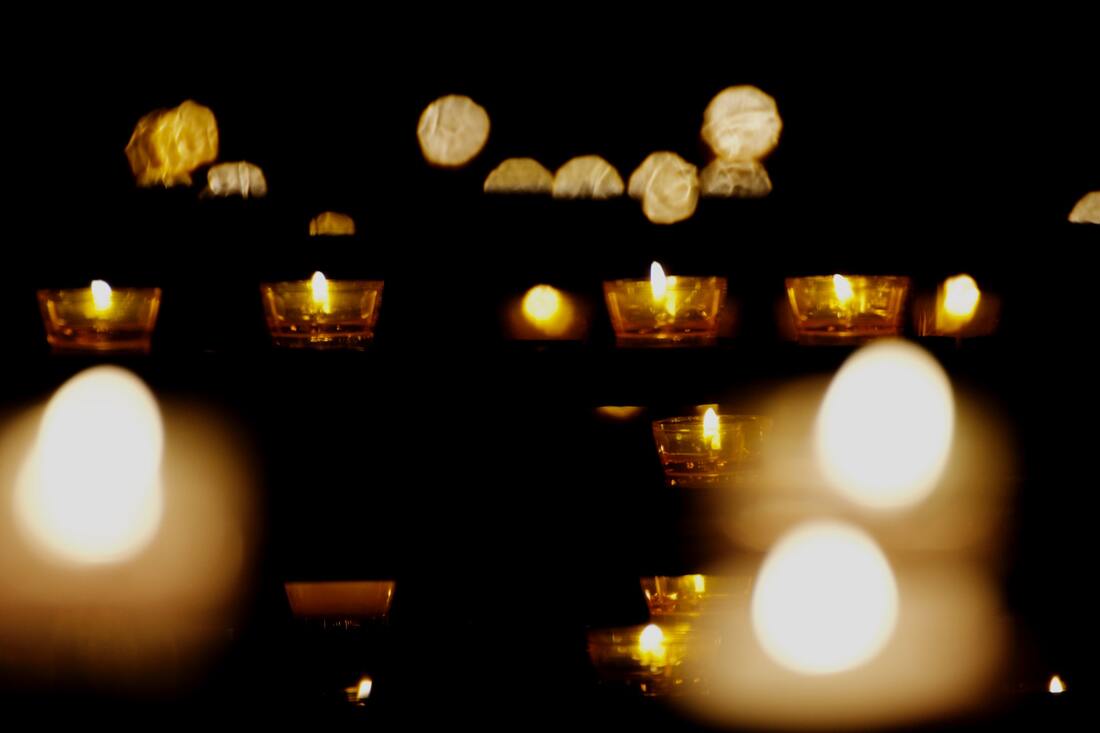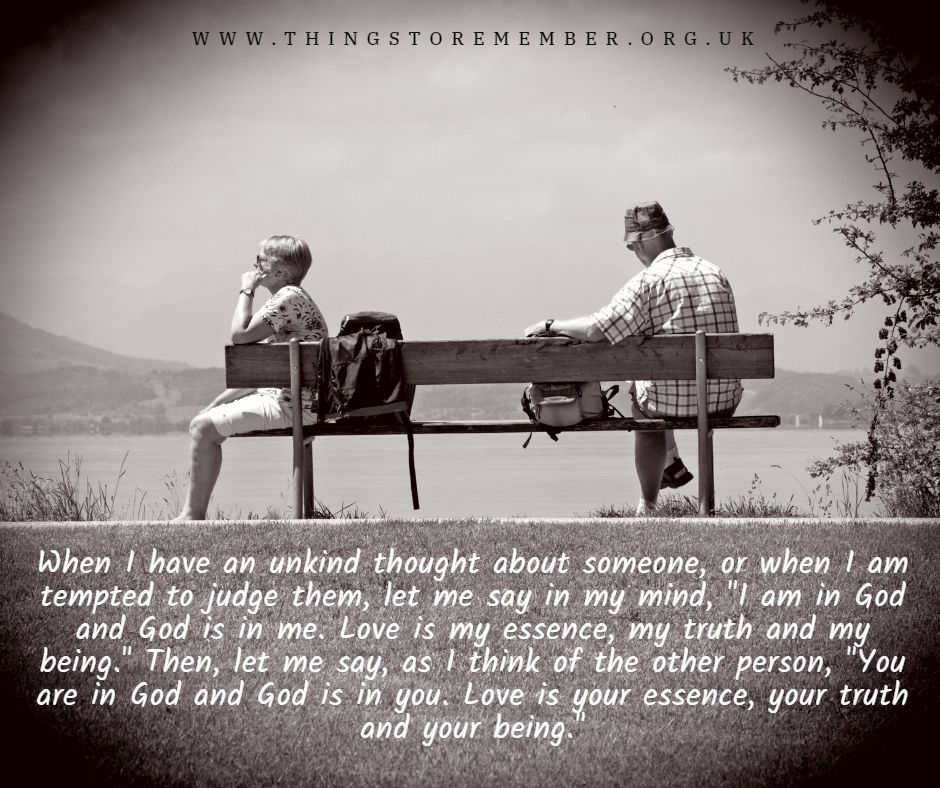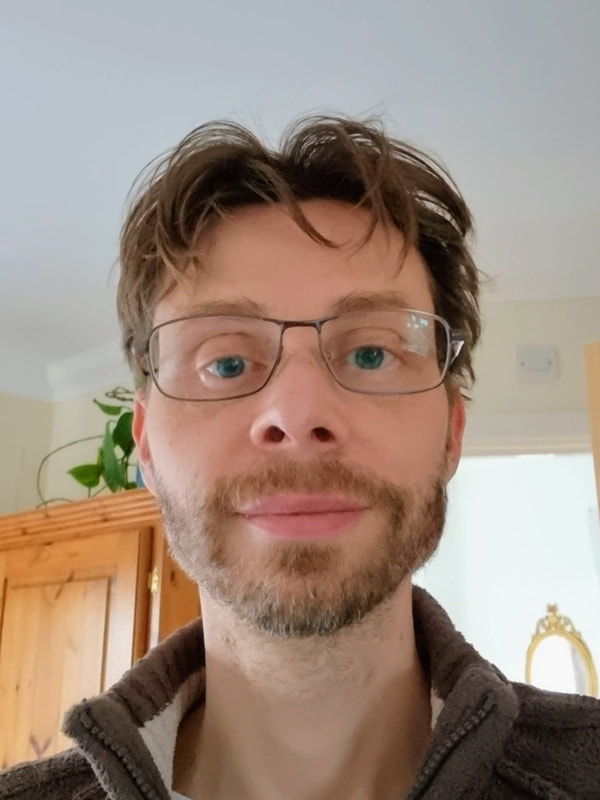|
In all three synoptic gospels (Mark, Matthew and Luke), Jesus is recorded as asking his disciples, "Who do people say that I am?"
The disciples' response demonstrates the extraordinary effect Jesus must have had on people who he met: "Some say [you are] John the Baptist; others say Elijah; and still others, Jeremiah or one of the prophets". At a stretch, confusing Jesus for John the Baptist could have been a case of mistaken identity: John was a contemporary of Jesus who had recently been executed. But Elijah or Jeremiah? These were prophets from centuries before whose lives were recorded in the Jewish scriptures! Did people really see Jesus as a somehow a re-embodiment of one of them? The gospel accounts then have Jesus put a direct question to his disciples: "Who do you say that I am?" It is Peter who answers, "Thou art the Christ, the Son of the living God". Jesus doesn't deny this, though in the accounts of Mark (which was the first of the surviving gospels to be written) and Luke, he does warn Peter not to speak about him to anyone - perhaps because he realised Peter's description would, very likely, be misunderstood. It isn't recorded in the gospels, but I wonder whether, at any time, Jesus may have asked his disciples another question: "Who do you say that you are?" If he had done, would any among them have responded in a similar way… "We are all Christ, all of us one Son of the living God"? Such a view would be seen as heresy by many Christians. But I can imagine Jesus's lips turning upwards into a smile if any of his disciples had uttered those words. Was the message of Jesus that he was different from the rest of us, but that we can save ourselves from punishment for our sins if we believe in his unique identity as Son of God? Or was it, perhaps, that we are not separate from one another, confined within perishable bodies; we are eternal spirit, creations of the One Spirit? Yes, we have wandered off awhile to make our own way, but one holy instant we will remember our Divine inheritance and - as prodigal sons and daughters - return Home to be welcomed back into our Father/Mother's loving embrace.
0 Comments
I blogged recently to share some guidance for a perfect day which came to me during a period of reflection. It suggested four doorways to an inner state of peace: being Christ, being kind, being present and being still. I want to explore each of these doorways in a little more depth.
1. First, be Christ As noted in the original post, “Christ” in this context refers to Our True Self, which is Love. It is that in us which remains forever as It was created. Instead of “Be Christ”, we could equally say “Be Whole. Remember your oneness with all, and live in that Light.” As long as I identify with my small separated self - which I do every time I judge; every time I think only of my own needs - I deny my true nature. How can I shift from separate self to awareness of oneness? My physical eyes testify to a world of separation: situations I judge as good or bad, things I delight in and others I fear. But this is perception, not reality. It is the out-picturing of my inner state of mind. I look on separation because I have chosen to. But I have freedom to make another choice. To experience my Christ-Self, I must see as Christ. Eyes of Love see beyond appearances. “Christ’s vision… does not look upon a body, and mistake it for the Son whom God created. It beholds a light beyond the body; an idea beyond what can be touched, a purity undimmed by errors, pitiful mistakes, and fearful thoughts of guilt from dreams of sin. It sees no separation. And it looks on everyone, on every circumstance, all happenings and all events, without the slightest fading of the light it sees.” (A Course in Miracles, Lesson 158. 7:1-5.) When A Course in Miracles speaks of forgiveness, this is what it means. For me as a Quaker, these words also provide a clear and poetic description of ‘answering that of God in everyone’. At the start of a period of contemplation, I find it helpful to remind myself that “My mind is not in my body. My body is in my mind. My mind is part of God’s.” By letting go of my false identity as an ego and as a body, I am freed from narrow self-interest and fear. My function becomes to shine forth the Love that I am. If I use Christ’s vision and that alone, judgement falls away. I find “a peace so deep and quiet, undisturbable and wholly changeless, that the world contains no counterpart” (ACIM Lesson 305). In this peace, I experience my True Self. I know this state, but only fleetingly. Most of the time I lose touch with it and revert to body/ego-identification. That is why I need other doorways back to peace. One of these is kindness. Next time: The way of kindness. The ship of Theseus is said to have been moored in the harbour at Athens for a thousand years. Over time, its wooden parts wore out (you couldn’t buy Ronseal in ancient Greece). One by one, the parts were replaced with identical-looking ones. Eventually, no part of the original ship remained. The question is, was it still the ship of Theseus? What if, theoretically, a family had collected the original parts as they were removed and, over the years, used them to reconstruct a whole ship? Would that be the genuine ship of Theseus? For a humorous take on this conundrum, have a look at this Only Fools and Horses clip: Trigger’s broom. What is identity? Is it defined by physical factors, which change over time? Or is it more to do with an ‘essential’, or non-material, quality which persists? The question can be asked in relation to human beings too. If I shave my beard and then it regrows, I’m still me. If I had a kidney transplant, most people would say that I’d continue to be ‘me’. So what is it that makes me who I am? The ship of Theseus conundrum assumes the ship exists as a physical object. But what if the ship was merely a thought that someone had made up? The ship as it was when it first sailed, the 1000-year-old ship with all its panels replaced, and the ship reconstructed from the original’s retired parts would all be simply thoughts. In other words, the problem would be only in the mind. A Course in Miracles says in its introduction "Nothing real can be threatened. Nothing unreal exists. Therein lies the peace of God". (These are the words that Arkadiusz Kogut has displayed on the wall of his study in my novel Escape to Redemption.) Theseus’ ship could be 'threatened' – so it fails the ACIM test for being 'real'. The same goes for Theseus himself. Or Brexit, or the endangered giant pandas, or pretty much any material thing. What if all the things we perceive are images made by our mind? And what if, ultimately, there is only one Mind in which those thoughts have their being? In this world, there will always be problems - whether personal or global challenges or philosophical conundrums which the rational mind may never be able to solve. But perhaps there is only one 'problem' that needs to be answered: "Who am I?" If I identify with my physical body, my personality or my story, then I'm saying I’m a separate self. I'm affirming the reality of separation, and in doing so I'm denying Oneness. Whenever I experience any lack of peace, it’s because in that moment I’m believing in my separateness from God, from my neighbours and my environment. I feel I can be ‘threatened’. We might call this a state of exile from Love. For that one problem there is but one solution: opening to the awareness of the One Reality which cannot be threatened and accepting It as the truth of Who we are. Now, where can I buy a new handle for my broom? |
AuthorPeter Parr: Quaker, writer and former member of the British minigolf team. (Actually those are all just roles I play. Words can't describe who any of us really are.)
|




 RSS Feed
RSS Feed


